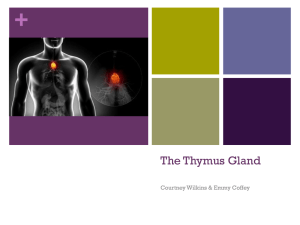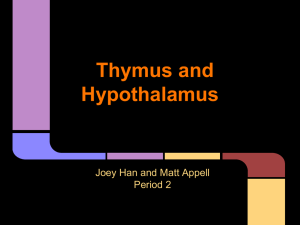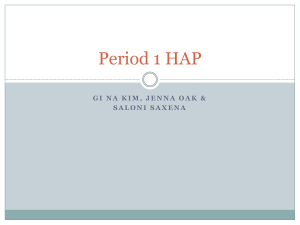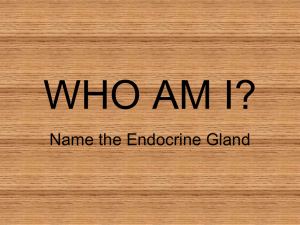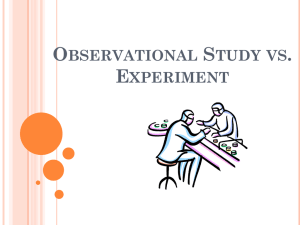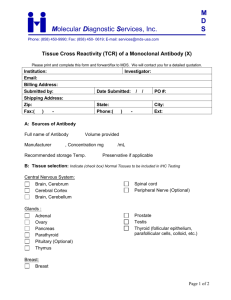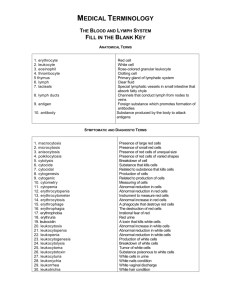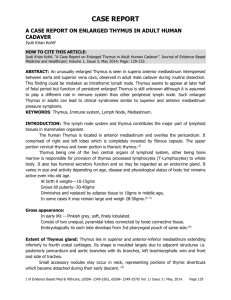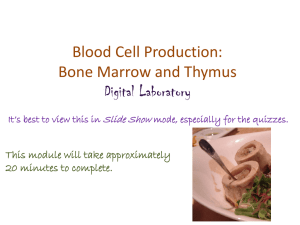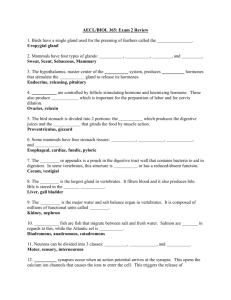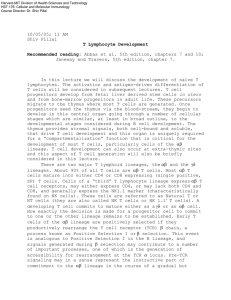A study on Morphological and Histological relations
advertisement
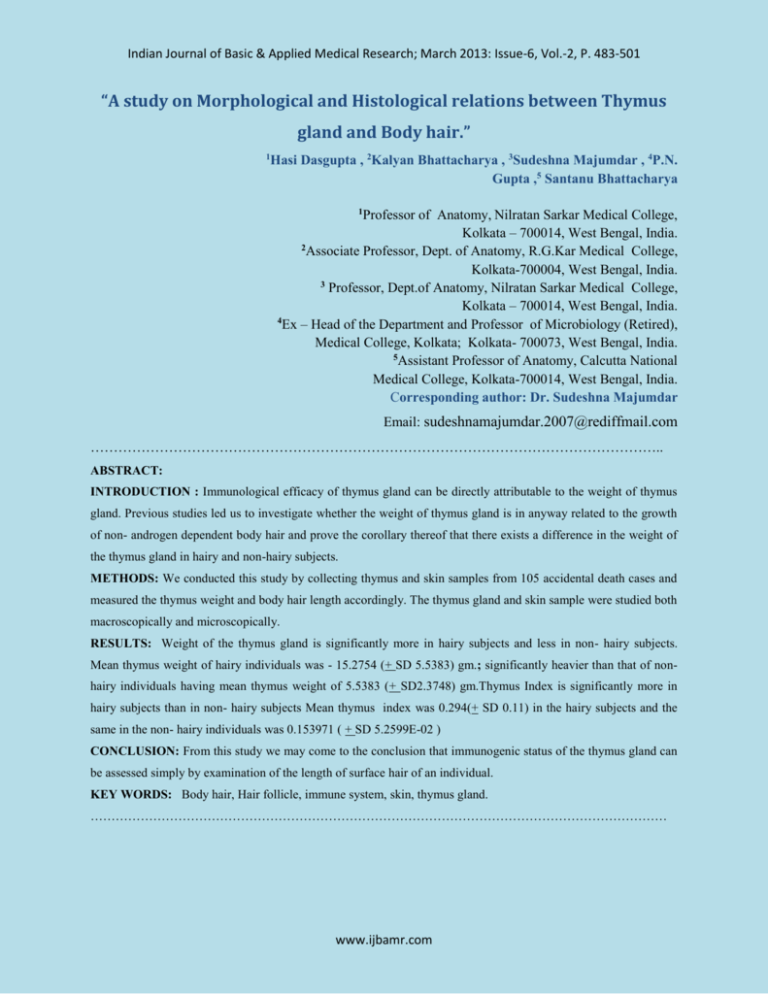
Indian Journal of Basic & Applied Medical Research; March 2013: Issue-6, Vol.-2, P. 483-501 “A study on Morphological and Histological relations between Thymus gland and Body hair.” 1 Hasi Dasgupta , 2Kalyan Bhattacharya , 3Sudeshna Majumdar , 4P.N. Gupta ,5 Santanu Bhattacharya 1 Professor of Anatomy, Nilratan Sarkar Medical College, Kolkata – 700014, West Bengal, India. 2 Associate Professor, Dept. of Anatomy, R.G.Kar Medical College, Kolkata-700004, West Bengal, India. 3 Professor, Dept.of Anatomy, Nilratan Sarkar Medical College, Kolkata – 700014, West Bengal, India. 4 Ex – Head of the Department and Professor of Microbiology (Retired), Medical College, Kolkata; Kolkata- 700073, West Bengal, India. 5 Assistant Professor of Anatomy, Calcutta National Medical College, Kolkata-700014, West Bengal, India. Corresponding author: Dr. Sudeshna Majumdar Email: sudeshnamajumdar.2007@rediffmail.com …………………………………………………………………………………………………………….. ABSTRACT: INTRODUCTION : Immunological efficacy of thymus gland can be directly attributable to the weight of thymus gland. Previous studies led us to investigate whether the weight of thymus gland is in anyway related to the growth of non- androgen dependent body hair and prove the corollary thereof that there exists a difference in the weight of the thymus gland in hairy and non-hairy subjects. METHODS: We conducted this study by collecting thymus and skin samples from 105 accidental death cases and measured the thymus weight and body hair length accordingly. The thymus gland and skin sample were studied both macroscopically and microscopically. RESULTS: Weight of the thymus gland is significantly more in hairy subjects and less in non- hairy subjects. Mean thymus weight of hairy individuals was - 15.2754 (+ SD 5.5383) gm.; significantly heavier than that of nonhairy individuals having mean thymus weight of 5.5383 (+ SD2.3748) gm.Thymus Index is significantly more in hairy subjects than in non- hairy subjects Mean thymus index was 0.294(+ SD 0.11) in the hairy subjects and the same in the non- hairy individuals was 0.153971 ( + SD 5.2599E-02 ) CONCLUSION: From this study we may come to the conclusion that immunogenic status of the thymus gland can be assessed simply by examination of the length of surface hair of an individual. KEY WORDS: Body hair, Hair follicle, immune system, skin, thymus gland. ………………………………………………………………………………………………………………………… www.ijbamr.com
